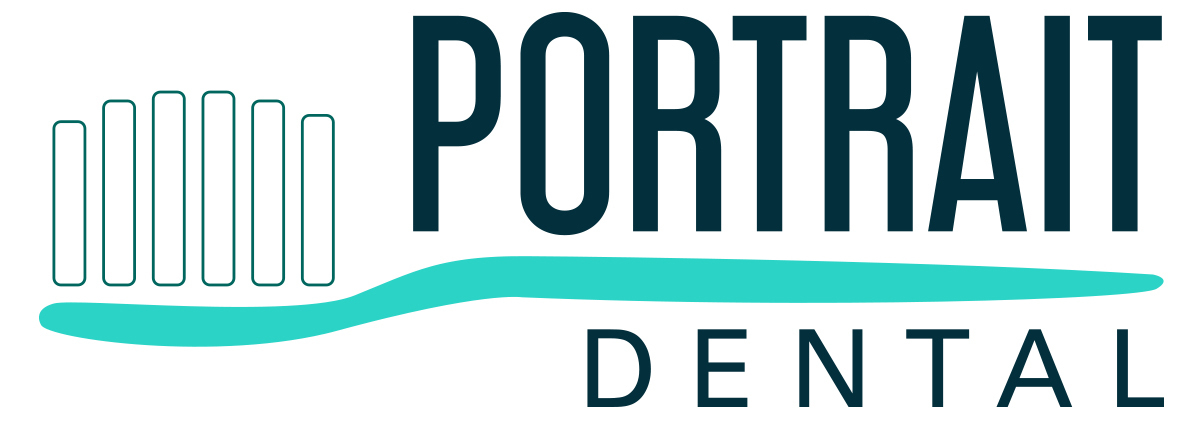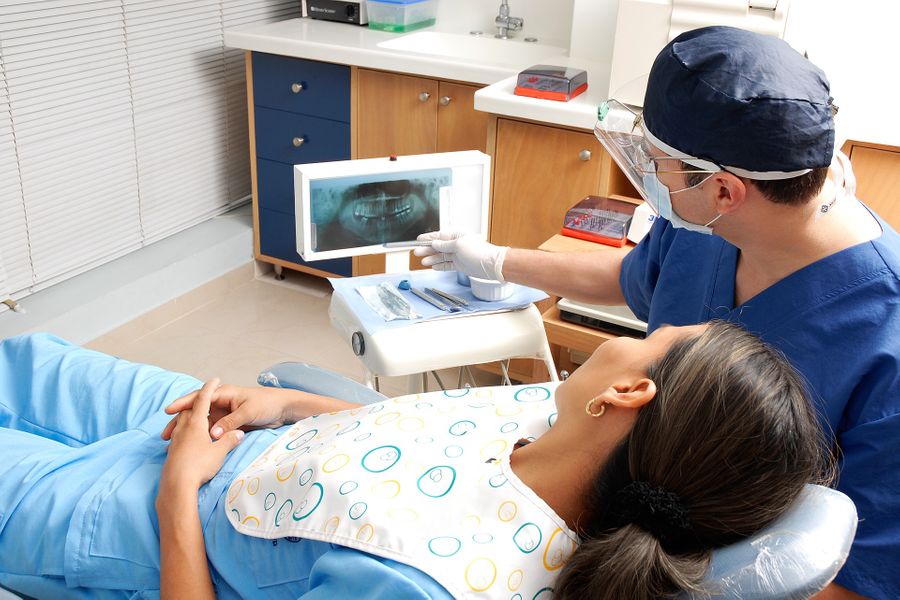6 Steps to Prevent Oral Cancer

How To Make Your Child Comfortable at The Dentist
February 1, 2019
Why Would Your Child Need a Space Maintainer?
February 5, 2019It all starts with a lump or mass in the neck or mouth. Few things incite much terror as that one thought; ‘What if it’s oral cancer!’. Usually fear is the killer, not cancer. Do you know that early detection of oral cancer can save you from this whole terrifying scenario?
Oral cancer is more prevalent in men than women. Among all the states, there are 14.6% patients suffering from stage I oral cancer in Alberta. in Alberta. It can develop in lips, cheek lining, salivary glands, hard and soft palate, gums, tongue, area below the tongue, and tonsils. Often oral cancers are only discovered when the malignant cells have metastasized to another location, most likely the lymph nodes of the neck. If in doubt, please undergo oral cancer screening to ascertain the condition. This article provides advice on how you can prevent oral cancer.
1) Avoid Tobacco
Usage of tobacco is the most preventable cause of death. Quit smoking to improve your health. Tobacco in cigarettes exposes your mouth cells to dangerous carcinogens. In the long term, giving up smoke can help you live longer and lower the risk of all smoke-related illnesses including oral cancer. Your risk of getting cancer decreases with each year you remain smoke-free. The best way to avoid cancer is too never consume tobacco in any form.
2) Drink Moderately
Drinking and trying to survive cancer don’t naturally go hand in hand. Alcohol and tobacco are riskiest factors for oral cancer. They increase the risk of developing oral cavity and oropharyngeal cancer. Heavy drinkers highly increase their chances of oral cancer. There is a strong scientific consensus that drinking alcohol may cause several types of cancer.
3) Exercise Regularly
An active lifestyle can boost your immune system and ward off cancer. Physical activity has numerous benefits documented by cancer survivors. In theory, physical activity has the potential to influence oral carcinogenesis through its effect on immune function. The impact of the physical activity varies according to the level of exercise. Strict control of tobacco and alcohol as well as other potential risk factors for oral cancer is required along with physical activity.
4) Use Sunscreen on Your Face
Excessive sun exposure to sunlight can also lead to cancer. Unprotected exposure to sunlight and other sources of ultraviolet radiation like tanning beds are linked with cancer in the lip area. The area on the lips is sensitive and more delicate than the skin on the rest of the face. Men who work outside, exposed to the sun are more likely to develop oral cancer. Use sunscreen on your face especially your lips to protect it from harmful UV rays.
5) Self-Examination
No matter how much prevention you take, oral cancers are much likely to develop if you have a family history. Self-examine regularly for signs if you have a family history. Use a mirror and look for lumps, tenderness, colored patches, and bumps in your mouth. If you notice anything unusual visit your dentist.
6) Visit Your Dentist Periodically
Visit your dentists every six months and conduct dental exams to keep track of your oral health. Once your exam is over, treatment options will be provided to you if you have any infections. The dentist can detect any infection that may lead to oral cancer. Treatment options may vary depending on your infection. Make sure you continue to maintain your oral hygiene in order to prevent any infection.
Prevention is always the key. Be sure to pay attention to your dentist while visiting for routine check-ups or recommended follow-ups. If you are living in Edmonton and you believe you are experiencing any signs of oral infection, visit your nearby dentists for oral cancer screening today.

